
This role has a low level of AI exposure. Core skills such as adaptability, social intelligence, and complex physical tasks remain beyond the capabilities of current AI.
Explore all careersA Pipelayer installs and connects piping for water, sewerage, and stormwater systems, ensuring all work meets industry standards.
Get qualified to work as a Pipelayer with a course recognised across Australia. Speak to a training provider to learn more.






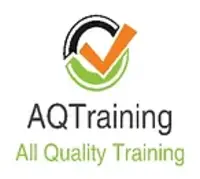
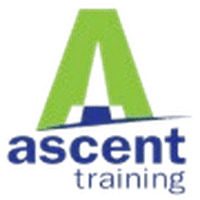




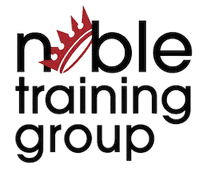



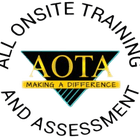

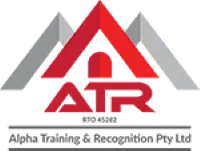







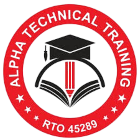











In Australia, a full time Pipelayer generally earns $1,400 per week ($72,800 annual salary) before tax. This is a median figure for full-time employees and should be considered a guide only. As you gain more experience you can expect a potentially higher salary than people who are new to the industry.
 Courses.com.au Team
Courses.com.au Team
The number of people working in this industry is expected to rise in coming years. There are currently 1,800 people working as a Pipelayer in Australia and this number is expected to rise to 2,000 over the next five years. Pipelayers may find work across all regions of Australia.
Source: The Labour Market Information Portal – 2019 Occupation Projections
 Courses.com.au Team
Courses.com.au Team
If you’re planning a career as a Pipelayer, start by enrolling in a Certificate III in Civil Construction Pipe Laying. This course covers topics including using power tools, operating plant equipment, taking measurements, reading and interpreting plans and excavation earthworks.
 Courses.com.au Team
Courses.com.au Team
Browse occupations related to Pipelayer



Individuals seeking to embark on a career as a Pipelayer in New South Wales can explore a variety of courses tailored to different experience levels. For beginners, options such as the Certificate III in Plumbing CPC32420 and Certificate III in Civil Construction (Pipe Laying) RII30920 provide essential foundational skills necessary to succeed in this field. More experienced learners may consider advanced offerings like the Certificate IV in Plumbing and Services CPC40920 to expand their qualifications and job opportunities.
Training providers in New South Wales such as ATR, CTC, and AOTA offer Pipelayer courses that are recognised within the industry. These Registered Training Organisations (RTOs) ensure that students receive quality education and training, enabling them to meet the demands of the construction industry. With nine Pipelayer courses available in the region, successful completion opens multiple pathways into this dynamic career.
Those interested in related job roles beyond Pipelayer may explore opportunities such as Construction Labourer, Construction Supervisor, and Construction Manager. These positions further highlight the versatility of the skills gained through various Pipelayer courses in New South Wales, making it an excellent starting point for those passionate about the building and construction sector.
In addition to technical training, Pipelayer courses in New South Wales, such as the Identify, Locate and Protect Underground Services RIICCM202E course, emphasise safety and compliance, which are crucial in the civil construction industry. Students can further explore specific fields of study such as Building and Construction courses and Civil Construction to better equip themselves for a rewarding career. By pursuing education through reputable training providers in New South Wales, learners can confidently step into the field equipped with the necessary knowledge and skills required in their roles.